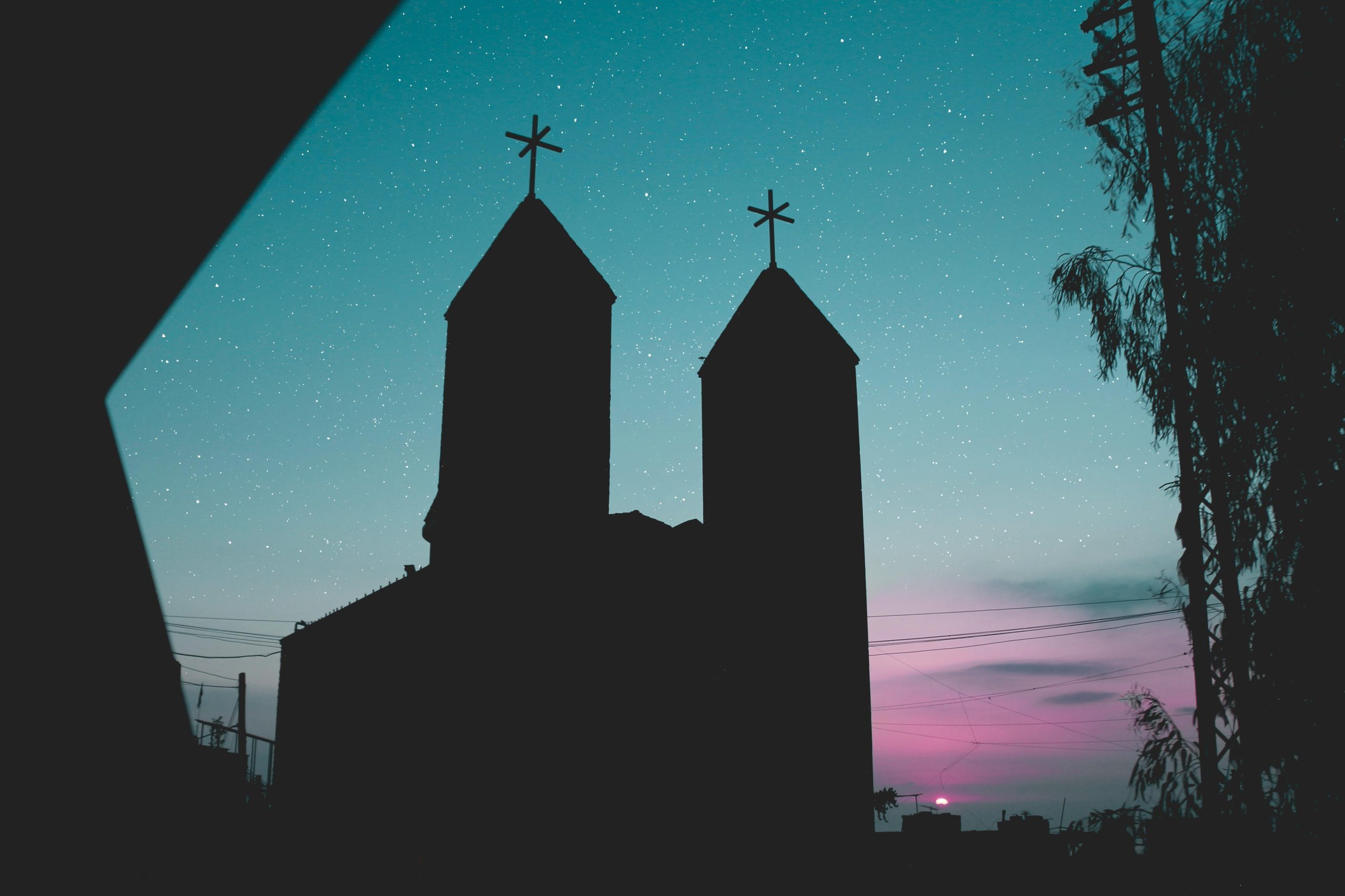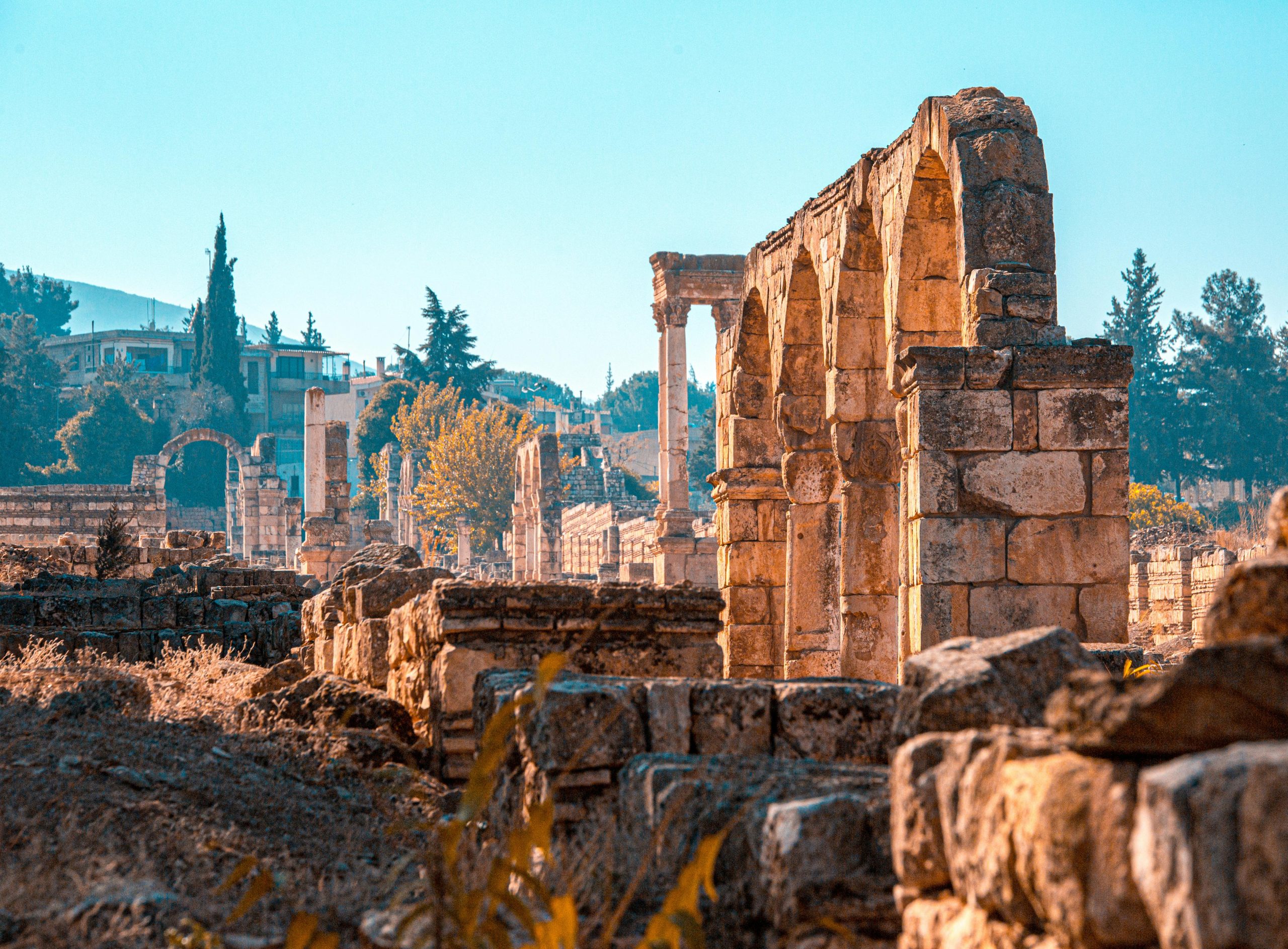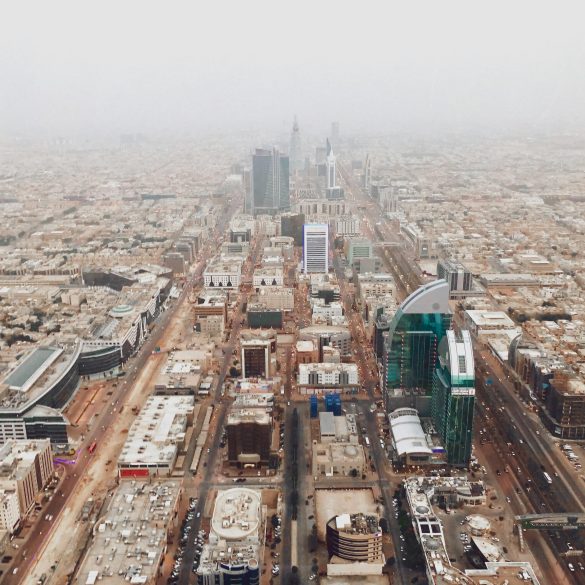Lebanon Travel Guide: Complete Planning Tips & Hidden Gems
Honestly, I never expected Lebanon to completely redefine my understanding of Middle Eastern travel. When I first started planning my trip three years ago, I’ll admit—I was pretty nervous. The media coverage had me thinking it might be too complicated, too risky, maybe not worth the hassle. But here’s the thing that really gets me excited about sharing this guide: Lebanon turned out to be one of those destinations that completely exceeds expectations in ways you never see coming.
What struck me most during my two weeks there wasn’t just the incredible history or the mind-blowing food (though we’ll definitely dive deep into both). It was how wrong I’d been about the accessibility of it all. Sure, there are considerations to keep in mind—any honest travel guide should acknowledge that—but the rewards? Absolutely worth every bit of planning effort.
When to Experience Lebanon at Its Best
From my experience, timing really makes or breaks a Lebanon trip. I learned this the hard way during my first visit in August—let me just say that Beirut in peak summer is not for the faint of heart. The heat was honestly pretty overwhelming, and I found myself constantly seeking air-conditioned refuges instead of exploring those gorgeous ancient streets I’d been dreaming about.
What I’ve come to realize is that Lebanon has distinct seasonal personalities, each offering something completely different. Spring (March to May) has become my absolute favorite time to visit. The weather’s cooperative—usually hovering around 20-25°C—and the landscape transforms into something that honestly looks like it belongs in a Mediterranean travel magazine. Plus, hotels aren’t charging those peak-season rates that can really stretch a travel budget.
Insider Timing Tips
Here’s something most guidebooks won’t tell you: avoid visiting during Ramadan unless you’re specifically interested in that cultural experience. Many restaurants close during daylight hours, which can really limit your food exploration options—and trust me, you don’t want to miss out on Lebanese cuisine.
Fall (September to November) runs a close second for ideal travel conditions. The summer crowds have thinned out, the temperatures become much more manageable, and there’s this beautiful golden light that photographers absolutely love. I remember taking some of my best shots during a September trip to Baalbek—the ancient ruins seemed to glow in that late afternoon sun.
Winter travel is totally doable if you’re prepared for cooler, wetter weather. Actually, this might sound crazy, but I kind of love Lebanon in winter. There’s something magical about sipping Arabic coffee in a cozy Beirut café while rain patters against the windows. Plus, you’ll have popular sites practically to yourself, which creates these incredibly intimate cultural experiences.
Must-See Destinations & Cultural Experiences
Okay, let’s talk about the places that absolutely blew my mind. Beirut obviously deserves its reputation as the “Paris of the Middle East,” but honestly, I think that comparison sells it short. The city has this incredible energy that’s completely its own—part ancient Mediterranean port, part modern cosmopolitan hub, part resilient phoenix rising from challenging times.
I still get chills thinking about my first morning walk through Beirut’s Downtown area. The contrast between Ottoman-era architecture and sleek modern buildings creates this visual timeline of Lebanon’s complex history. What really struck me was how locals navigate these layers so naturally—grabbing coffee from a trendy café literally built into a centuries-old stone building.
| Destination | Best Season | Time Needed | Highlight Experience |
|---|---|---|---|
| Beirut | Spring/Fall | 3-4 days | Neighborhood food tours |
| Baalbek | Spring/Fall | Full day | Roman temple complex |
| Byblos | Year-round | Half day | Ancient harbor views |
| Jeita Grotto | Year-round | 2-3 hours | Underground boat ride |
But here’s where Lebanon really surprised me—it’s not just about the famous sites. Some of my most memorable experiences happened in places I’d never heard of before arriving. Take Douma, for instance. I ended up there almost by accident when my original plans fell through, and it turned out to be this incredibly authentic mountain village where time seems to slow down.
Baalbek deserves special mention because—and I’m not exaggerating here—it houses some of the most impressive Roman ruins outside of Rome itself. The Temple of Jupiter is absolutely massive, and standing beneath those towering columns really puts ancient engineering into perspective. What I wasn’t prepared for was the emotional impact. There’s something profoundly moving about touching stones that have witnessed over two thousand years of human history.
The coastal town of Byblos (Jbeil) offers a completely different vibe. This is where Phoenician sailors once set out to establish trading posts across the Mediterranean. Walking through the ancient harbor at sunset, with fishing boats bobbing where ancient trading vessels once anchored, creates this incredible connection between past and present. Plus, the restaurants along the waterfront serve some of the freshest seafood I’ve ever tasted.
Don’t sleep on the natural attractions either. Jeita Grotto absolutely belongs on any Lebanon itinerary—the underground limestone formations are genuinely breathtaking. I remember descending into those caves and feeling like I’d discovered some secret underground palace. The boat ride through the lower grotto creates this almost mystical experience that photographs simply cannot capture.

Food Culture & Practical Planning
Let me be completely honest—Lebanese food culture is going to ruin you for Middle Eastern cuisine everywhere else. I thought I knew what good hummus tasted like before visiting Lebanon. I was so wrong it’s almost embarrassing. The depth of flavor, the texture, the way they serve it warm with perfectly toasted pine nuts and a drizzle of olive oil that probably costs more than my entire lunch budget back home—it’s absolutely transformative.
What really fascinated me was discovering how food functions as social currency in Lebanese culture. Meals aren’t just about nutrition; they’re elaborate social rituals that can stretch for hours. I learned this during my first dinner invitation from a local family in Tripoli. What I thought would be a quick meal turned into a four-hour feast featuring probably fifteen different dishes. And honestly? I didn’t want it to end.
- Traditional mezze spreads typically include 8-12 small dishes shared family-style
- Lebanese wine regions produce exceptional varieties often unknown outside the country
- Street food culture centers around manakish, fattoush, and fresh-squeezed juices
- Tipping culture expects 10-15% at restaurants, but service charges are sometimes included
- Vegetarian options are abundant thanks to Orthodox fasting traditions
- Coffee culture involves strong Arabic coffee served in small cups with cultural significance
Now, let’s talk practical planning because this is where I made some mistakes during my first trip that I want to help you avoid. Currency can be tricky—Lebanon officially uses the Lebanese pound, but US dollars are widely accepted. However, the exchange rate situation has been, well, complicated in recent years. I learned to always carry both currencies and confirm payment preferences before ordering.
Budget Planning Reality Check
Expect to spend $50-80 per day for mid-range comfort, including accommodation, meals, and transportation. Luxury travel can easily reach $150+ daily, while budget backpacking is possible for $30-40 with careful planning and hostel stays.
Accommodation options range from incredibly luxurious hotels in Beirut that rival anything in Dubai, to charming family-run guesthouses in mountain villages that cost a fraction of the price. I’ve stayed in both, and honestly, some of my favorite memories come from those smaller places where the owners treat you like family and share local stories over breakfast.
Transportation deserves special attention because Lebanon’s small size is deceptive—mountain roads can be winding and time-consuming. I initially planned to see everything in five days. Big mistake. The country may only be about 160 kilometers long, but those mountain passes require patience. Renting a car offers maximum flexibility, but driving in Beirut traffic requires nerves of steel. Shared taxis (service) provide an authentic local experience and are surprisingly efficient once you understand the system.
Language won’t be a major barrier in most tourist areas. Arabic and French are official languages, but English is widely spoken, especially among younger generations and in hospitality industries. That said, learning a few basic Arabic phrases really enhances interactions with locals. I still remember the delighted response I got when I managed to say “shukran” (thank you) properly for the first time.
Accommodation booking requires some strategy. Peak season (June-August) demands advance reservations, especially for popular coastal locations. However, I’ve found that shoulder seasons offer excellent value and availability. Many hotels offer significant discounts for longer stays, which can make exploring different regions more affordable.
Safety Considerations & Sustainable Travel
Alright, let’s address the elephant in the room—safety concerns. I get it. Before my first trip, I spent probably too much time reading travel advisories and worrying about political situations. Here’s my honest take after multiple visits: Lebanon is generally much safer for tourists than international media coverage might suggest, but staying informed and using common sense is absolutely essential.
What I’ve learned through experience is that most safety considerations in Lebanon are similar to visiting any urban destination. Stick to well-traveled areas, especially at night. Keep copies of important documents. Stay aware of your surroundings. The difference is that Lebanon’s political situation can occasionally create sudden changes, so I always recommend checking current conditions before traveling and registering with your embassy.
- Monitor current political developments through reliable news sources and embassy updates
- Avoid border areas with Syria and Israel without local guidance
- Purchase comprehensive travel insurance that covers political evacuation
- Maintain communication with family/friends about your itinerary
- Keep emergency contacts for local authorities and your embassy readily available
Lebanon Quick Facts
Lebanon covers just 10,452 square kilometers—smaller than Connecticut—yet contains 18 officially recognized religious sects living together. The country has more than 5,000 years of recorded history, making it one of the world’s oldest continuously inhabited regions. Interestingly, Lebanon has no desert areas despite being in the Middle East, and it’s the only Arab country without a desert climate zone.
Sustainable travel in Lebanon presents both opportunities and challenges. The country’s tourism infrastructure is still recovering and developing, which means thoughtful travelers can make a real positive impact. I’ve found that choosing locally-owned accommodations, eating at family restaurants, and hiring local guides directly supports communities in meaningful ways.
Environmental consciousness is becoming increasingly important as Lebanon faces ecological pressures. The beautiful Mediterranean coastline needs protection, and mountain ecosystems require careful management. During my visits, I’ve made it a point to participate in beach cleanups and support businesses that prioritize environmental responsibility. It’s honestly rewarding to contribute positively to places that have given me such incredible experiences.
Cultural sensitivity deserves special attention because Lebanon’s diversity requires respectful awareness. The country contains Christian and Muslim communities, urban sophisticates and traditional villagers, ancient traditions and modern innovations. What I’ve learned is that showing genuine respect for this complexity creates incredibly rich interactions. Ask questions, listen to different perspectives, and avoid making assumptions based on limited information.
Looking back on all my Lebanon experiences, what strikes me most is how this small country continues to surprise and educate me. Every visit reveals new layers, whether it’s discovering a hidden historical site, trying a family recipe passed down through generations, or having conversations that challenge my perspectives on Middle Eastern culture and history.
My final recommendation? Approach Lebanon with curiosity rather than preconceptions. Yes, do your research and plan carefully—this guide should help with that. But also remain open to experiences that don’t fit typical travel narratives. Lebanon has this incredible ability to exceed expectations in ways you never anticipated, and those surprises often become the most treasured travel memories.
Essential Pre-Travel Checklist
Verify visa requirements, confirm travel insurance coverage, research current exchange rates, download offline maps, learn basic Arabic phrases, pack for varied climates, and connect with local cultural guides for authentic experiences that support community tourism.



